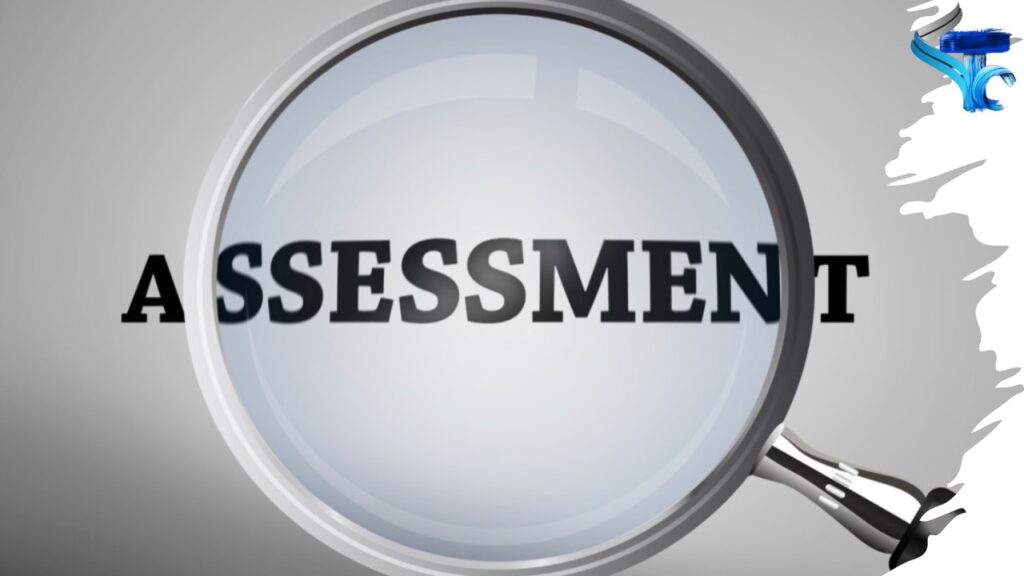Assessments in Competency based training has gained significant popularity in recent years due to its focus on practical skills and real-world application. Unlike traditional education systems that emphasize theoretical knowledge, competency-based training centers around developing specific competencies required for success in a particular field or profession.
Assessments play a vital role in this training approach, serving as valuable tools to evaluate and measure learners’ mastery of essential competencies. In this article, we will explore the significance of assessments in competency based training and how they contribute to the overall effectiveness of the learning process.

What is Assessments in Competency Based Training?
Competency-based assessments are evaluation methods specifically designed to measure learners’ proficiency and mastery of targeted competencies. These assessments focus on assessing practical skills, knowledge, and abilities rather than relying solely on traditional exams or written assignments. Competency-based assessments aim to provide a comprehensive understanding of learners’ capabilities in performing specific tasks and achieving desired outcomes.
Importance of Assessments in Competency-Based Training
Assessments play a crucial role in competency-based training for several reasons. Firstly, they help identify learners’ strengths and areas for improvement, allowing trainers to tailor instruction to individual needs effectively. Assessments also provide learners with valuable feedback on their progress, helping them understand their current competency levels and areas requiring further development. Moreover, assessments contribute to the overall quality assurance and standardization of competency-based training programs.
Types of Assessments in Competency-Based Training
In competency-based training, various types of assessments are used to evaluate learners’ competencies. These assessments can include practical demonstrations, simulations, case studies, portfolios, self-assessments, and reflective journals. Each assessment type offers unique advantages and aligns with specific competencies and learning outcomes. Employing a mix of assessment methods ensures a comprehensive evaluation of learners’ abilities and fosters a well-rounded development process.
Designing Effective Competency Assessments
Designing effective competency assessments requires careful consideration of the desired competencies and learning outcomes. Assessments should be aligned with the specific skills and abilities targeted in the training program. Clear rubrics and assessment criteria should be established to ensure consistent evaluation. Furthermore, assessments should provide opportunities for learners to demonstrate their competency in authentic, real-world contexts to enhance the transferability of skills.
Strategies for Administering Assessments
Administering Assessments in competency based training requires thoughtful planning and implementation strategies. Timely and regular assessments throughout the training program enable continuous monitoring of learners’ progress. Trainers should provide clear instructions and guidelines to ensure fairness and eliminate ambiguity. Collaborative assessments, such as group projects or team-based tasks, can promote teamwork and problem-solving skills while evaluating multiple competencies simultaneously.
Assessments as Feedback Mechanisms
Assessments in competency based training serve as powerful feedback mechanisms in competency-based training. They offer learners insights into their strengths and weaknesses, facilitating self-reflection and self-directed learning. Feedback from assessments guides learners in setting goals, identifying areas for improvement, and adapting their learning strategies accordingly. Regular feedback cycles create a dynamic learning environment that promotes growth and fosters a commitment to lifelong learning.
Assessments for Individualized Learning
Assessments in competency based training support individualized learning by recognizing the diverse needs and capabilities of learners. These assessments provide a personalized approach to training, allowing learners to progress at their own pace while focusing on specific competencies. By tailoring assessments to individual learners, trainers can provide targeted support and address unique learning challenges effectively.
Challenges in Implementing Competency-Based Assessments
Implementing Assessments in competency based training can present challenges. Ensuring reliable and valid assessments across different contexts and learners can be complex. Standardizing assessment procedures, training assessors, and maintaining consistency in evaluation criteria require careful planning and quality assurance. Adequate resources, technology infrastructure, and support are essential to overcome these challenges and ensure the successful implementation of competency-based assessments.
The Future of Assessments in Competency-Based Training
As competency-based training continues to evolve, assessments will play an increasingly critical role. Advancements in technology, such as virtual reality and artificial intelligence, hold promise for more immersive and authentic assessment experiences. Adaptive assessments, tailored to individual learners’ needs, are likely to become more prevalent. The integration of real-time analytics and data-driven insights will further enhance the effectiveness and efficiency of competency-based assessments.
Conclusion
Assessments in competency based training are integral to competency-based training, providing essential tools for evaluating learners’ competencies and facilitating their development. By employing various assessment methods, trainers can gain comprehensive insights into learners’ skills, knowledge, and abilities.
Assessments in competency based training support individualized learning, offer valuable feedback, and contribute to the overall quality and standardization of competency-based training programs. As technology advances, the future of assessments in competency-based training holds exciting possibilities for enhancing the learning experience and ensuring learners’ success in their chosen fields.

![The Power of Storytelling in Corporate Training: Igniting Success and Inspiring Growth [2023]](https://trainercentric.com/wp-content/uploads/2023/06/storytelling-1024x576.jpg)


I all the time used to study article in news papers but now as
I am a user of web so from now I am using net for content, thanks to web.
Awesome article.
I savour, cause I found just what I used to be looking for.
You have ended my 4 day lengthy hunt! God Bless you man. Have a great day.
Bye